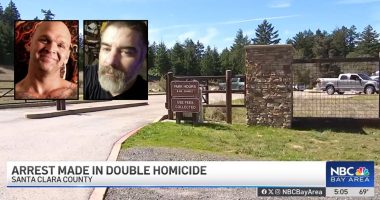
The Pew Charitable Trusts explains that the police do not have unlimited access to genealogy databases; it depends on the company. For example, CNBC writes that Family Tree DNA provides the FBI access to their database. Investigators upload DNA from a crime scene and then use the matches they receive to compile a list of suspects. If users do not read the fine print, they might not be unaware that the authorities can use their DNA. With that said, some question if law enforcement should have access to these databases in the first place.
Read Related Also: The Two Celebrities Who Stood By Vanessa Bryant In Court
Moreover, the MIT Technology Review wonders if at-home DNA tests are more trouble than they are worth. As they put it (via CNBC), “But the consequences for privacy go well beyond that. As these databases grow, they have made it possible to trace the relationships between nearly all Americans, including those who never purchased a test.” The New York Post reports that this was the case for Michael Usry. After using Ancestry’s DNA database, police named him as a suspect in the 1996 murder of Angie Dodge. Although Usry did not submit his DNA to the company, his father did. Usry was later cleared of any wrongdoing but was still shaken up by the situation. He stated, “I know that my personal genetic information is still in the FBI criminal database.” Usry added, “They’re not going to just throw it away because of their mistake. But what are they doing with it?”









